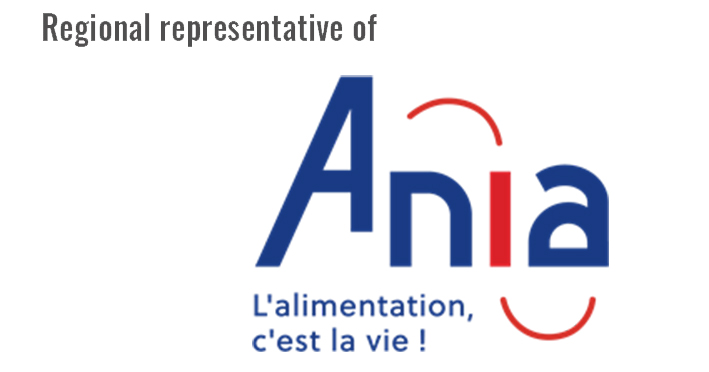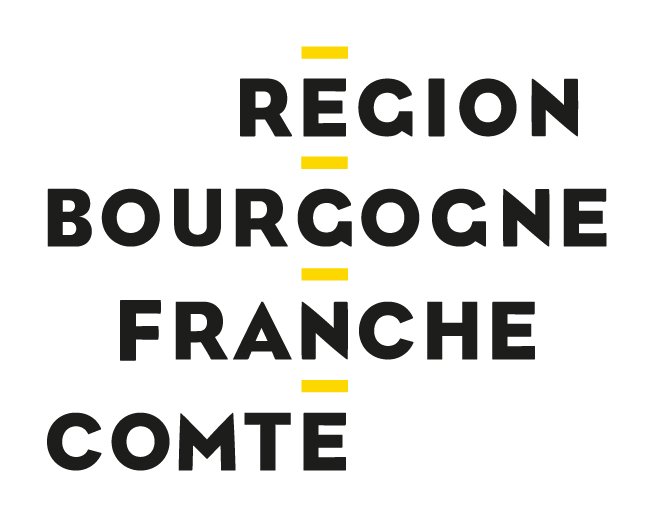12 Nov 2019
Older consumers in France: how to get to know them?

A survey carried out by Kantar Worldpanel in 2018 showed us that older consumers in France are les interested by retailer own brands than they were 10 years ago ( you can find out more here -in French). A fast-growing segment of France's population, projected to reach 39% in 2070 (INSEE), it is also a segment with a lot of buying power and a strong taste for quality in their food purchases. However, they are also a group of consumers that is impacted, to a lesser or greater degree, by mobility and independance, and whose food preferences are constructed around their specific nutritional needs and physical limitations.
While older consumers are an attractive segment for food businesses, it is a mistake to regard them as a homogenous demographic. What are the keys to understanding this diversity and how to engage a dialogue to identify their needs, expectations and consumer behaviours? Here is a rundown of a few ways you can get a handle on France's older populations.
A demographic driving sales...
Older consumers are an identified growth driver for a number of food manufacturers. According to the 2018 Kantar Worldpanel survey, "over 65 year-olds are the only part of this group to have increased their purchasing volume: 1170 articles per household in 2017, compared to 1152 in 2001" (source). Alone, they represent 41% of consumer goods and fresh food sales in large retailers.
They are informed consumers with a preference for traditional foods and meal structures: 57% of their purchasers went on traditional fresh food products, and their meals are made up of an average of 2.6 dishes per meal (compared to an average of 2.3 for all ages together). They are also more demanding regarding the quality and origin of their food than other demographics (source: YouGov 2019).
… but with a wide range of characteristics
While food manufacturers and retailers are inevitably interested by this target market, they would do well to learn more about the specific characteristics of older consumers:
- This segment is somewhat isolated from the rest of the population: only 17% are still working and 5% still have their children at home, while 88% have internet access (computer smartphone, tablet) according to Kantar.
- They delegate some or all of their shopping or meal preparation: according to some estimations, as many as 50% of older people are concerned by food dependance (we have an article here in our resource centre with more information on this topic - create your free account to get access)
- Seniors have specific needs according to their age: taste capacity, physical limitations in preparing food (adapted packaging) or in eating (in particular swallowing or chewing)
- Finally, within this group, there are a variety of ages and needs to take into account, whether the consumer is 55 or 90 years old, and the degree to which they are impacted by the points listed above.
In order to go beyond the statistics and to build a genuine dialogue with their senior consumers , French food professionals have been launching a number of actions, sometimes outside of the box.
Le magasin « pour Senior » : lieu d’échanges… et de tests ?
The first retail outlet dedicated to seniors - at least, the first that is completely explicit about it. "Bien chez moi" is a new concept developed by the innovation team of Les Mousquetaires group, a French retailer chain, and that was tested for a year.
As Les Mousquetaires told on this web page, this initative was about taking into account the specific neets of seniors. "Older consumers are a diverse population mixing very active baby-boomers with dependant elderly people, and dynamic retirees with lots of desires, and the time and means to meet them. In any case this population has specific needs, of which few are currently being adressed." Thusly, 1200 products are proposed in four departments of the shop (wellness, household equipment, feed the mind, and stay connected), combined with workshops on ageing well to make this shop a focal point of social connections, learning and experiences.
By openly targeting a population segment, this retail outlet is also an ideal testing site for products specifically developed for the needs of seniors.
Experimental economics applied to seniors
"Fortified in protein", "Soft texture" etc. To target seniors, many manufacturers are using messages tailored around benefits related to senior nutritional or physical needs. How does that work out in practice?
It is no simple process to evaluate purchasing behaviour, in particular willingness to pay. Experimental economics is one means of providing answers using a scientific protocol, by testing your hypotheses regarding individual behaviours in a in a laboratory-controlled simulation of a given economic situation. We have an article here for our subscribers (sign up for your free account to access the resource centre).
For the project AlimaSSens, experimental economics tests were carried out regarding the perceived value by seniors of nutritionally fortified food products - and their willingness to pay for them.
A cohort of 403 consumers aged from 66 to 86 years old were surveyed on their purchases of pastries, cakes, cream desserts and fat-based spreads. Among the conclusions was the fact that fortifying a product to better correspond to the needs of a senior did not lead automatically to a willingness to pay. But the results varied according to the products tested. For example, in the case of a fortified brioche, it wasy by combining different messages (in this case, "rich in protein" and "soft texture") that an initial reticence about the enriched product was overcome and lead to a successful purchase.
Raising awareness of the social role of food: the example of Silver Fourchette
Lead the non-profit association Groupe SOS Seniors, the project Silver Fourchette runs a program of awareness raising towards seniors regarding eating for pleasure and health. Cooking workshops, conferences, meet-ups, cooking contests, and so on, are oriented towards seniors and those that cook for them. For professionals, especially food preparation staff of retirement establishments, a number of initiatives are underway:
- "Chefs' seminar", over several days, to provide training in the area of food preparation for seniors
- "Gastronomy contest", launched by Silver Fourchette, highlights the food service professions
- "La Fête des seniors" (Seniors' festival) has developed a kit for retirement homes to use to create enjoyment around food for residents and their families.
Food business partners are regularly involved in Silver Fourchette, as means of building links with their target markets.
In 2020, a new national project was launched to go further un sharing best practices for professionals and seniors: Silver Fourchette launched its "academy" in the form of a 4 stage training module over the course of a year, designed for both the public and professionals. Food companies were invited to take part in the design of the module and to benefit from direct feedback from senior consumers.
Go further
For any further information on these topics, or your innovation goals in food for seniors, feel free to contact me: elodie.dasilva@vitagora.com.
Don't forget to sign up for our food innovation blog. It's free!




 Home
Home
















Share your opinion